November 2025
Business students travel to infinity in Global Entrepreneurship Week conference
- About us
- News and Insights
- Business students travel to infinity in Global Entrepreneurship Week conference
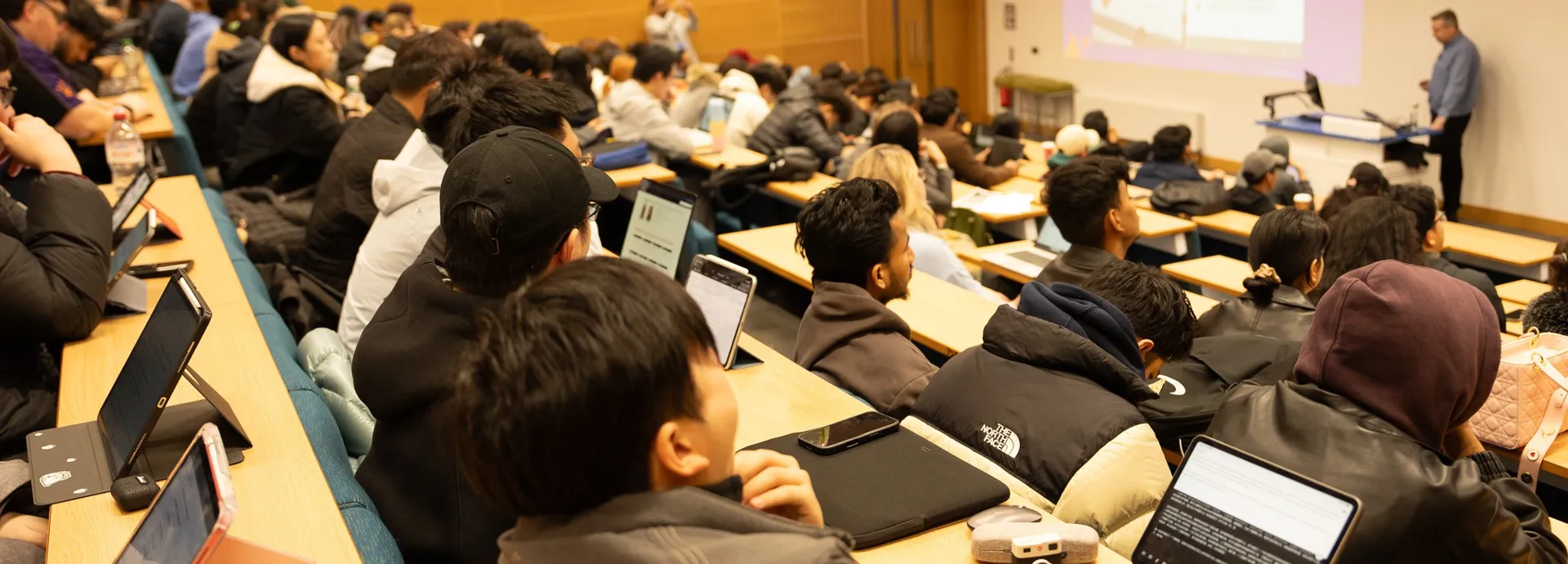
Read time: approx 1 mins
New worlds of possibility were explored this week in the Department of Business and Enterprise’s annual student learning conference, and its theme could scarcely have been more relevant.
The role of data in AI use is a hot topic in business and entrepreneurship, and through animated discussion and informative presentations, students attending the event – entitled ‘To Data, and Beyond!’ – were given a great opportunity to improve their understanding of its relevance and look to the future and its potential impact on their own careers.
Pro-Vice Chancellor and Dean of the Business School Professor David Paulson began proceedings, welcoming the guests and offering words of advice and encouragement to students.
“The management and use of data will be fundamental to how you work in the future and what to expect from a university curriculum,” he said.
“Use today to refine your skills and start making yourself indispensable. Mastering data management will make you the most valuable person in your workplace.”
Opening proceedings was keynote speaker Alex Whittles, CEO of Purple Frog, a web analytics company that works with organisations as varied as Microsoft and NASA.
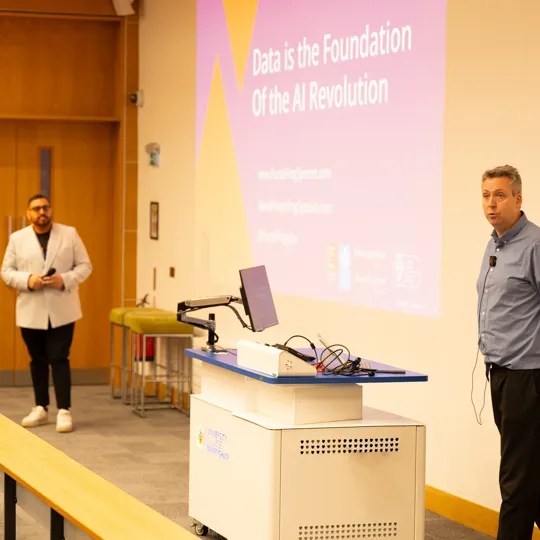
Alex outlined to students how data is foundational to the burgeoning AI revolution. He discussed the importance and limitations of AI use, the crucial issue of data handling and quality, and minimising the associated risks.
“AI will be critical business priority for every company you’ll come across and in every sector – from business, to education, to healthcare. We’re witnessing a generational shift to AI use, and you are the generation that will make it happen,” he told students.
After discussing the differences between large language models (LLM) and machine learning, Alex emphasised that the combination of data and personnel are the most valuable assets to any company.
“The human element, understanding the uses and the limitations of AI, is still hugely important. The highest value employees will combine institutional knowledge, understanding of data, and AI literacy,” he said.
“AI won’t replace you, but someone who understands it might. So, make the most of your time here, learn what you can, and embrace the opportunity.”
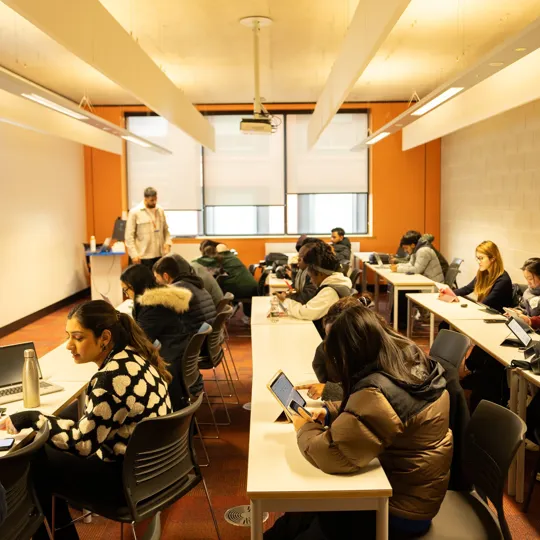
Over the next couple of hours, students were given the difficult choice between a number of separate, hands-on workshops and student-led sessions as the conference broke out into smaller groups, giving everyone the chance to engage with the issues, network, and share their ideas on entrepreneurship.
Mark Ashfield, Social Entrepreneur, Founder of Lime, and Gaynor Matthews, co-founder of myNexus ESI, founder of NED WOW HOW and investor in the Counter Culture Group led an Enterprise Challenge while Neel Mistry, Skills Coach from Althaus Digital, discussed Google Analytics.
Meanwhile, Alex presented a Gandalf ‘hackathon’ with Lakera AI and Marketing lecturer Rohim Mohammed led a Whodunnit?’ marketing mystery game.
There was also the chance to hear from Gustavo Baptista, Head of Data Transformation and Programme Management at L’Oreal Middle East, and UCB alumnus Natacha Torres, Marketing Director at HID Global, who gave current students the benefit of her experience in a session on marketing careers.
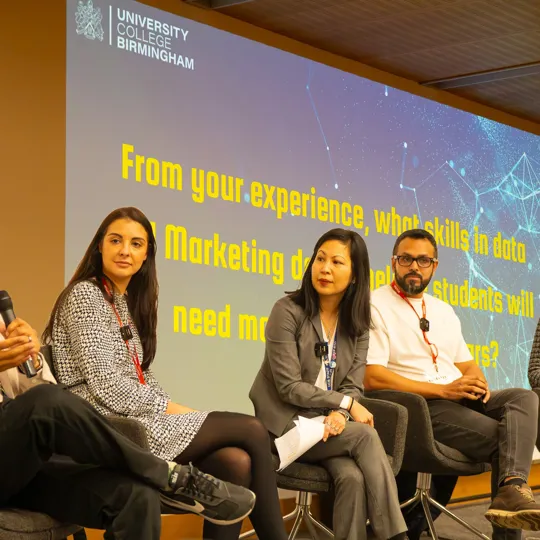
Finally, the full conference reconvened for a panel Q&A session featuring Gaynor, Natacha and Neel alongside Abdullah Zobaer, GenXO Founder and UCB Alumnus, and Dr Luciana Iwasa, Interim Careers Manager with UCB’s Hired team.
The discussion ranged from advice on the skills students should look to hone in order to be successful in the workplace, including the importance of data literacy in order to accurately interpret and implement findings, and of softer skills such as organisation, time-keeping, and body language. It also focused on the need to recognise their own passions, and specialise based on those interests.
Students also had the opportunity to participate, and their incisive questioning led to discussion on everything from data retention to the environmental implications of AI use.
The event came to a close with words from Rohim, who was eager to stress how important it is for students to connect their university studies with the expectations of the working world:
“Being able to use AI is important, but more so is understanding how it is useful, where it is limited, and the importance of quality data,” he said.
“In order to do this, you need to develop your own personal qualities: critical thinking, creativity and curiosity. These skills will be vital in the workplace, and events like this give you every chance to hone them.”
Find out about courses in the Department of Business and Enterprise
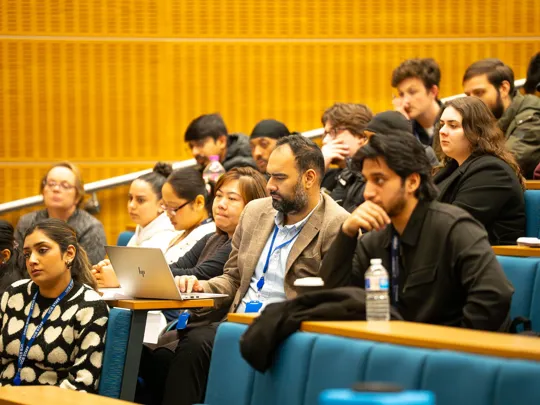
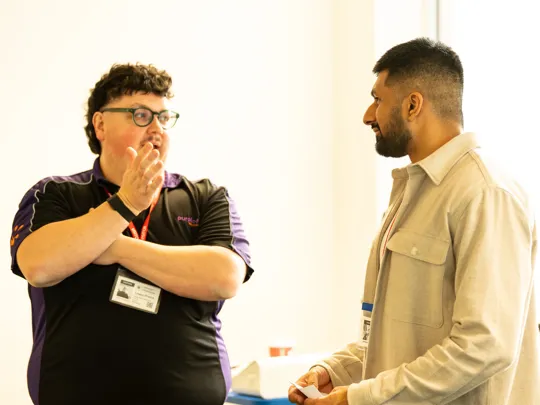
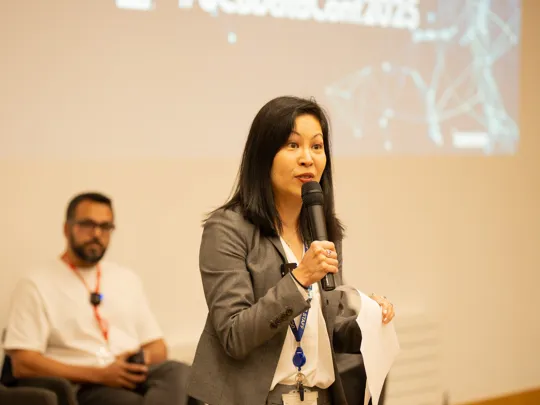
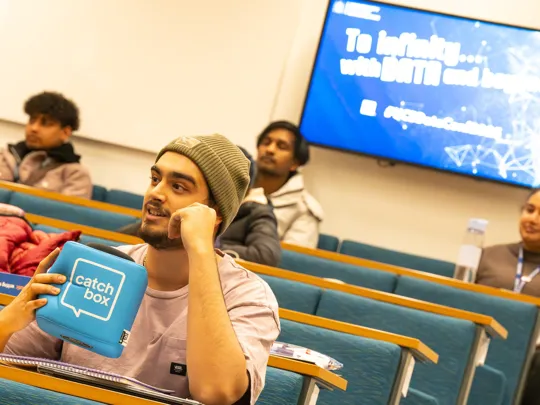
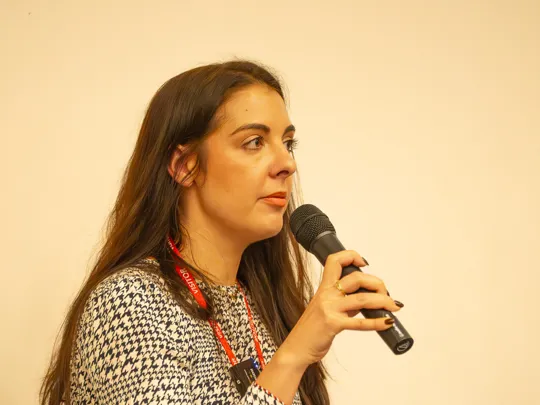
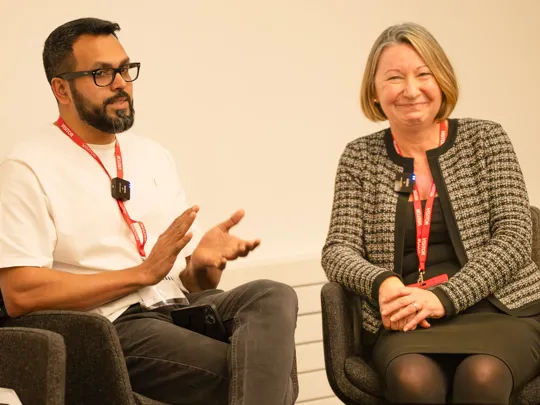
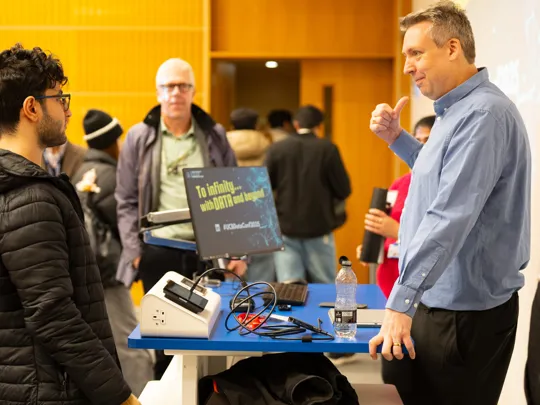
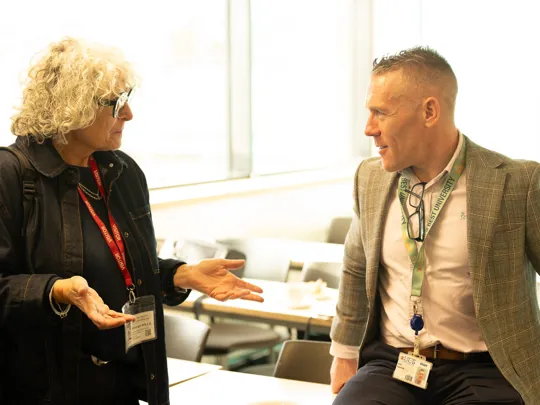
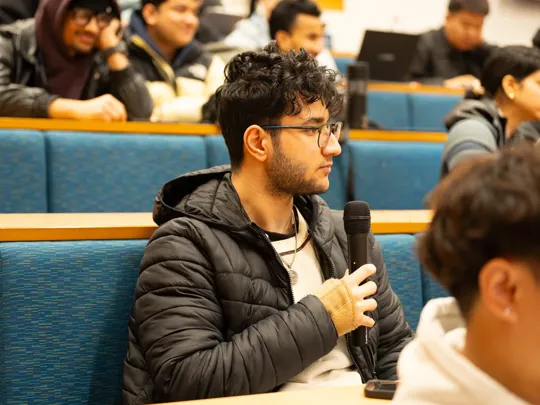
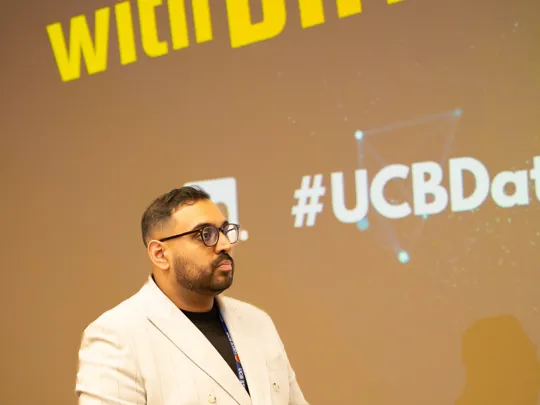
Check out our latest news stories

College of Food grad gains prestigious Michelin star for Lichfield restaurant
An acclaimed local restaurant run by a University College Birmingham graduate gains its first Michelin Star.
Read more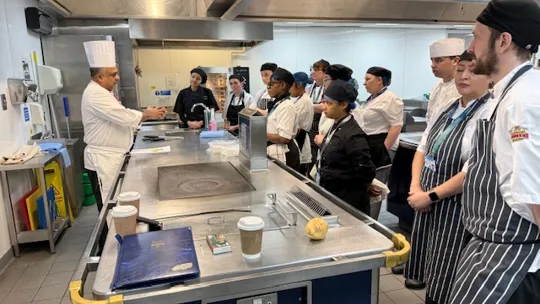

College football team tastes victory in first Midlands tournament
A team of further education students from University College Birmingham have brought home the trophy in the Midlands' first C…
Read more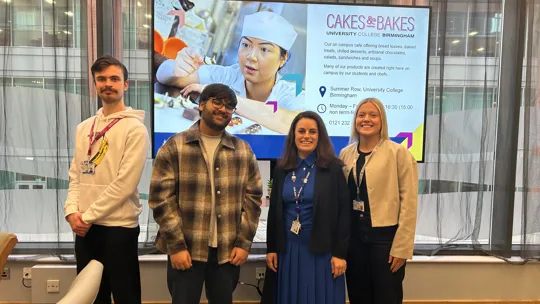
Principal congratulates college students at recognition lunch
Six students were invited to the College’s first-ever Student Recognition Lunch at our award-winning restaurant on campus as part…
Read more
New partnership expands access of award-winning joint pain programme
New partnership gives opportunities for students, as well as providing accredited training.
Read more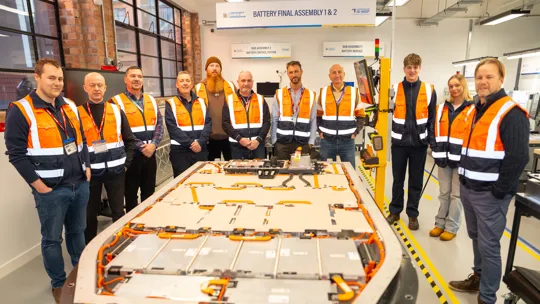
University leads the charge towards the UK's battery manufacturing ambitions
Battery Manufacturing Skills Pathway first graduates take their skills and knowledge back into the workplace.
Read more